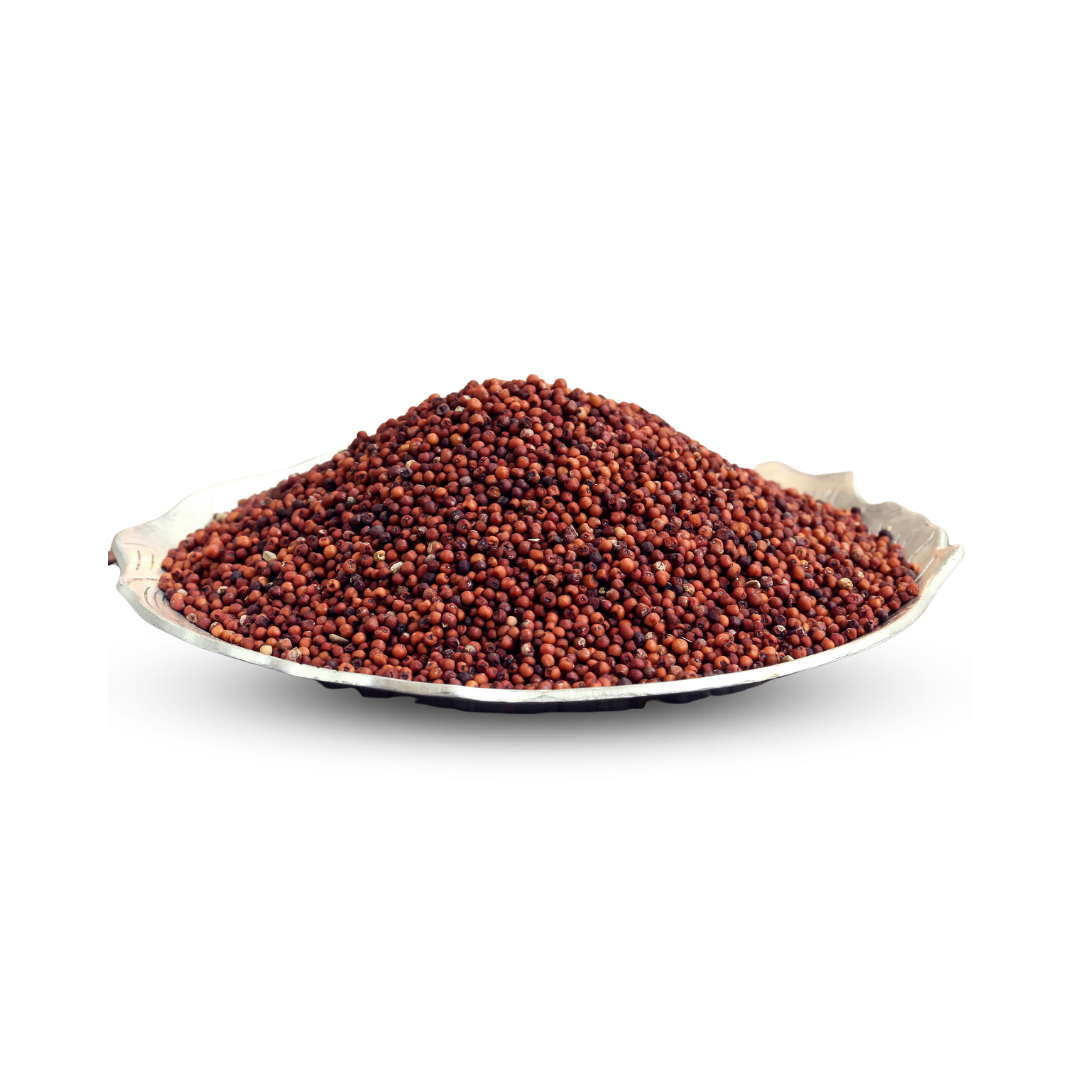
About
Buckwheat is a pseudocereal that is often used as a substitute for grains in gluten-free diets. It is not a true cereal grain, but rather the fruit seed of a flowering plant related to rhubarb and sorrel.
Health benefits of Buckwheat:
-
Improves Heart Health: Buckwheat contains high levels of rutin, a flavonoid that can help lower blood pressure and reduce the risk of heart disease.
-
Controls Blood Sugar: Buckwheat has a low glycemic index, meaning it releases glucose slowly into the bloodstream, helping to prevent spikes in blood sugar levels.
-
Aids Digestion: Buckwheat is high in fiber, which can help improve digestion and promote regularity.
-
Boosts Immunity: Buckwheat is rich in antioxidants, which can help protect against diseases and infections.
-
Helps Manage Weight: Buckwheat is low in calories, high in fiber, and has a high protein content, which can help promote feelings of fullness and prevent overeating.
List of diseases that can be cured:
Buckwheat is not a cure for any disease, but it can help improve overall health and reduce the risk of certain diseases. Some of the health conditions that may benefit from the consumption of buckwheat include:
- High Blood Pressure
- High Cholesterol
- Diabetes
- Digestive Issues
- Obesity
Macro Nutrient content per 50g serving Of Buckwheat:
| Nutrient | Amount |
|---|---|
| Carbohydrates | 33.5g |
| Protein | 6.5g |
| Fat | 1.4g |
| Fiber | 4.5g |
| Water | 3.3g |
Vitamin content per 50g serving Of Buckwheat:
| Vitamin | Amount |
|---|---|
| Vitamin A | 0 IU |
| Vitamin B1 | 0.2 mg |
| Vitamin B2 | 0.1 mg |
| Vitamin B3 | 1.3 mg |
| Vitamin B6 | 0.1 mg |
| Vitamin B12 | 0 mcg |
| Vitamin C | 0 mg |
| Vitamin D | 0 IU |
| Vitamin E | 0.5 mg |
| Vitamin K | 2.3 mcg |
| Folate | 22.5 mcg |
| Biotin | 2.5 mcg |
Mineral content per 50g serving Of Buckwheat:
| Mineral | Amount |
|---|---|
| Calcium | 13.5 mg |
| Iron | 1.3 mg |
| Iodine | 0 mcg |
| Zinc | 1.1 mg |
| Magnesium | 70 mg |
| Phosphorus | 133.5 mg |
| Potassium | 176.5 mg |
| Sodium | 1.5 mg |
| Chloride | 3.3 mg |
| Copper | 0.3 mg |
| Chromium | 0 mcg |
| Fluoride | 0 mcg |
| Molybdenum | 7.5 mcg |
| Manganese | 0.8 mg |
| Selenium | 7 mcg |
What are the health benefits of buckwheat?
Buckwheat is rich in protein, fiber, minerals, and vitamins, and can help with digestion, weight loss, and blood sugar regulation.
Is buckwheat gluten-free?
Yes, buckwheat is naturally gluten-free and safe for people with celiac disease or gluten intolerance.
What are the different types of buckwheat?
There are two main types of buckwheat: common buckwheat and tartary buckwheat, each with its own unique flavor and nutritional profile.
How does buckwheat help with weight loss?
Buckwheat is low in calories and high in protein and fiber, which can help you feel fuller for longer and reduce calorie intake.
Can buckwheat be used for baking?
Yes, buckwheat flour can be used in baking as a gluten-free alternative to wheat flour.
What is the difference between buckwheat and wheat?
Buckwheat is a seed, while wheat is a grain. Buckwheat is also gluten-free, while wheat contains gluten.
What are the benefits of a gluten-free diet that includes buckwheat?
A gluten-free diet that includes buckwheat can reduce inflammation, improve digestion, and promote overall health.
How does buckwheat help with energy levels?
Buckwheat is a good source of complex carbohydrates, which provide sustained energy without the crash associated with simple carbohydrates.
How to cook buckwheat groats?
Buckwheat groats can be cooked by boiling them in water or broth, or by toasting them in a dry skillet before cooking.
What are the nutritional properties of buckwheat?
Buckwheat is rich in protein, fiber, magnesium, potassium, and antioxidants, and is low in fat and calories.
How does buckwheat help with digestion?
Buckwheat is high in fiber and can help promote healthy digestion and regular bowel movements.
What is buckwheat tea and how is it prepared?
Buckwheat tea is a Japanese tea made from roasted buckwheat groats, and is prepared by steeping the groats in hot water.
What is buckwheat honey and what are its health benefits?
Buckwheat honey is a dark, rich honey with a distinctive flavor, and is high in antioxidants and antibacterial compounds.
What are the different buckwheat products available in the market?
Buckwheat products include groats, flour, soba noodles, kasha, and buckwheat pillows.
What are the different ways to incorporate buckwheat in your diet?
Buckwheat can be used in porridge, pancakes, bread, muffins, waffles, cookies, cakes, and as a rice or pasta substitute.
What are the side effects of buckwheat?
Buckwheat is generally safe for consumption but may cause allergic reactions in some individuals.
How does buckwheat benefit heart health?
Buckwheat is high in flavonoids, which can help reduce inflammation and improve blood flow, leading to improved heart health.








